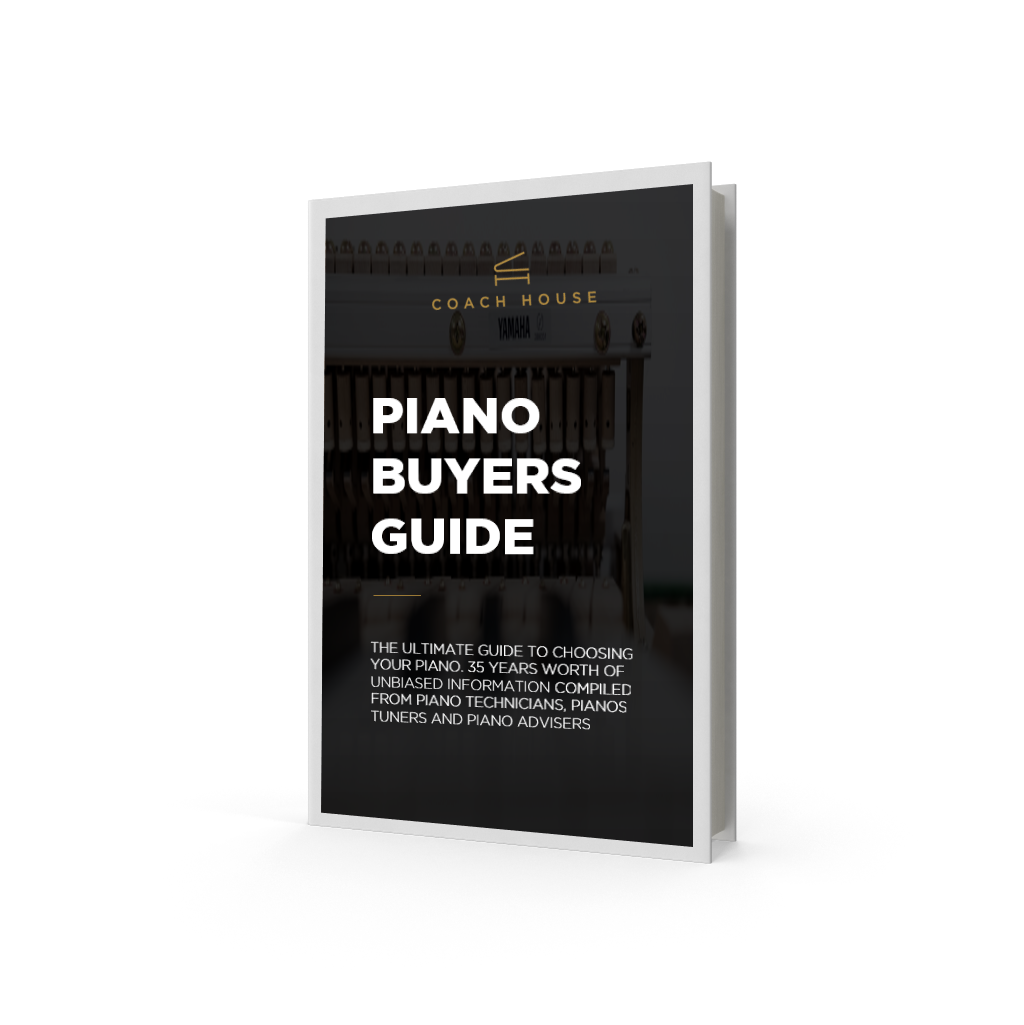Revisiting music one learnt last month, last year, or 20 years ago can be a wonderful experience, like reacquainting oneself with an old friend, while also making a new friendship. Picking up a piece again after a long absence can be extremely satisfying and often offers new insights into that work, revealing layers and subtleties one may not have spotted the first time round. One also recalls all the reasons what one liked about the repertoire and why one selected it in the first place. It can be surprisingly easy to bring previously-learnt work back into one’s fingers, and this ease is a good sign – that the work was learnt carefully in the first place. Deep, thoughtful practise is essential for ensuring repertoire remains in the fingers (and brain) even if one is not practising it every day.
Concert pianists usually have many pieces “in the fingers” which can be revived and made ready for performance in a matter of days. This may include 20 or more piano concertos, most of Beethoven’s 32 Sonatas, many of Bach’s 48 Preludes and Fugues, plus other pieces which are ‘standard’ repertoire: Mozart and Schubert sonatas, works by Chopin, Schumann, Brahms and Liszt, much of Debussy and Ravel etc., and popular ‘standards’ from the 20th-century repertoire. Careful learning , preparation and organization mean that repertoire can be learnt, revived and kept going simultaneously.
A work can never truly be considered “finished”. Often a satisfying performance of a work to which one has devoted many hours of study can be said to put the work ‘to bed’, but only for the time being. Returning to a work offers opportunities to explore the work from new angles, perhaps based on new insights, experience and maturity, and this process of “continuing” means that one performance informs another, and all one’s practising and playing is connected in one continuous stream of music-making.
Some thoughts on reviving repertoire:
• Recall what you liked about the pieces in the first place. Rekindle your affection for the pieces when you revisit them
• Don’t play through pieces at full tempo. Take time to play slowly and carefully, as if learning the piece for the first time.
• Trust your practise skills. Be alert to issues as they arise and don’t allow frustration to creep in.
• Look for new interpretative and expressive possibilities within the music. Try new interpretative angles and meaningful gestures.
• Schedule performance opportunities: there’s nothing better to motivate practise than a concert date or two in the diary.
Recommended
Articles
Bösendorfer's Limited Edition Beethoven Grand Piano
6 things to look for when buying a second hand piano
Coach House will be at the URDD Eisteddfod Festival 2019
Back to Blog








